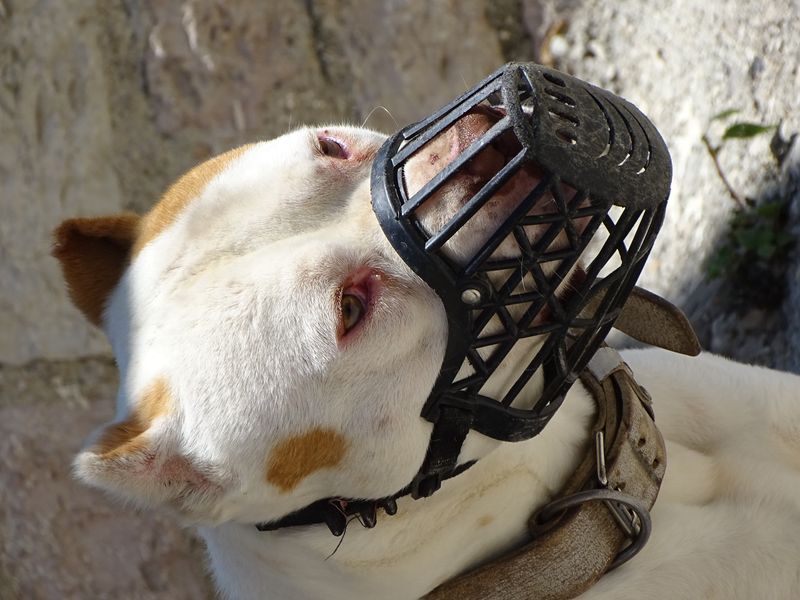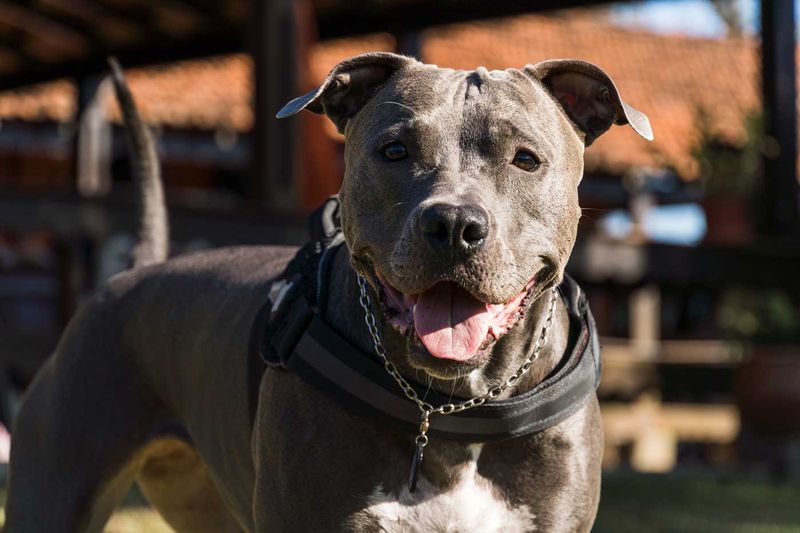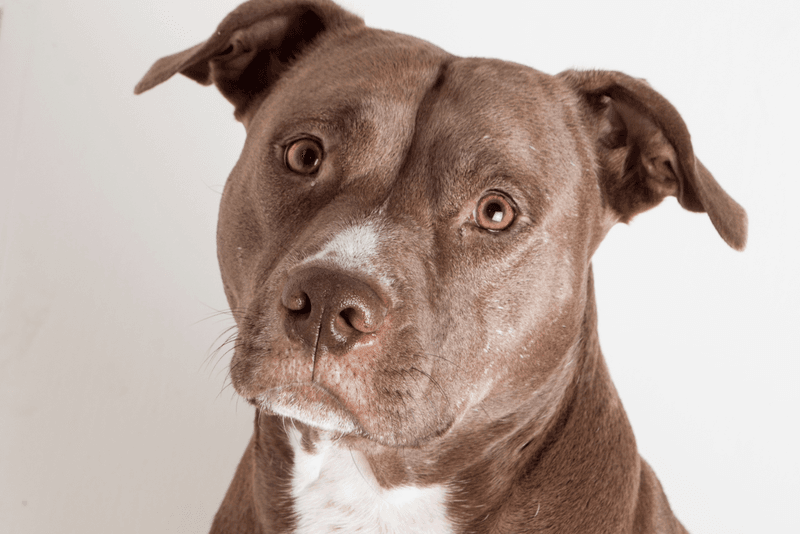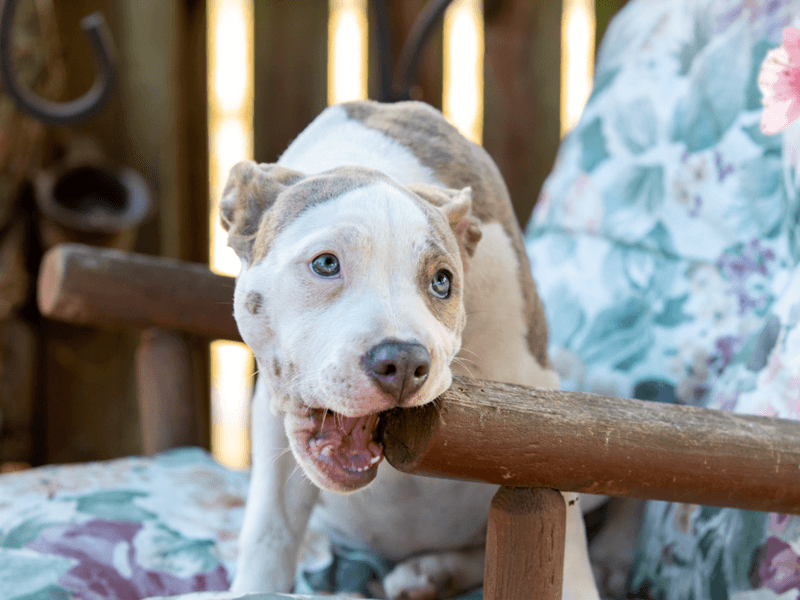Adopting a dog is a significant commitment, and choosing the right breed for your home is essential. Pitbulls, while loving and loyal, come with challenges that may not suit every family. Here are 12 reasons to carefully consider before bringing a Pitbull into your life, each highlighting their unique needs and potential difficulties.
Space Requirements
Pitbulls thrive in environments where they have ample space to run and play. Their energetic nature demands regular exercise, making them unsuitable for apartment dwellers or sedentary households.
Without the necessary room to expend their energy, they may become bored or destructive. Providing a large, secure yard is ideal for their physical well-being.
Potential owners must assess their living situation and lifestyle to ensure they can meet these needs, as a cramped space can lead to behavioral issues. Choosing a breed that matches your living conditions is crucial for a harmonious relationship.
Legal Restrictions
Various regions have implemented breed-specific legislation that targets Pitbulls. These regulations often include restrictions or outright bans, which can heavily impact your ability to keep a Pitbull.
Such laws are designed to reduce incidents related to aggressive behavior, affecting insurance, housing, and even travel. Prospective owners must research local laws before adopting.
Ignorance of these restrictions can result in legal trouble and emotional distress if separation from the pet becomes necessary. It’s essential to be well-informed and prepared for potential legal challenges.
High Energy Levels
Pitbulls are known for their high energy levels, requiring frequent and vigorous exercise to maintain their health and happiness. This trait can be overwhelming for those unable to engage in daily activities.
Without adequate exercise, Pitbulls may develop behavioral problems, leading to frustration for both the pet and the owner.
This breed needs an active companion who can dedicate time to walks, play, and training sessions. Consider your lifestyle carefully to determine if you can meet these energetic demands. They are best suited for individuals or families with an active routine.
Training Challenges
Training a Pitbull can be a demanding endeavor, as they possess a strong-willed and independent nature. Consistent and firm guidance is essential to instill good behavior and obedience.
Owners must be prepared for the dedication and time needed to train effectively. Professional help may be necessary for those inexperienced with strong breeds.
The challenge lies in their intelligence and determination, which can lead to dominance if not managed properly. A Pitbull owner must be patient and persistent to achieve a well-mannered and balanced companion.
Aggression Issues
Pitbulls are often misunderstood due to their reputation for aggression. Some individuals may show aggressive tendencies, especially if not properly socialized. This trait can pose challenges, particularly in households with children or other pets.
Understanding their behavior requires patience and experience. Owners must be committed to training and socializing their Pitbulls extensively.
Despite their potential for loyalty and love, it’s vital to recognize that not every family is equipped to handle a dog with such specific behavioral needs. This is a commitment that requires serious consideration.
Health Concerns
Pitbulls, like many purebred dogs, are prone to certain health issues that can be costly and emotionally taxing. Common problems include hip dysplasia, skin allergies, and heart conditions.
Regular veterinary check-ups and a healthy lifestyle are crucial to managing these potential concerns. Owners should budget for possible medical expenses and be prepared to provide ongoing care.
Understanding these health risks and the commitment involved is essential when considering this breed. Evaluating your ability to support a Pitbull’s medical needs will help ensure a fulfilling relationship.
Socialization Needs
Proper socialization is critical for Pitbulls to develop balanced and friendly temperaments. These dogs need exposure to various environments, people, and animals from an early age.
Without adequate socialization, they might become anxious or aggressive, posing challenges for the owner. Consistent and controlled interactions are necessary to foster a well-adjusted pet.
This process requires time, effort, and understanding from the owner to prevent potential behavioral issues. Commitment to socialization is a key responsibility in raising a happy and sociable Pitbull.
Insurance Implications
Owning a Pitbull may complicate insurance matters, as some companies charge higher premiums or even deny coverage due to the breed’s reputation. This can affect both homeowner’s and renter’s insurance policies.
Potential owners should investigate insurance options and costs before adopting. Understanding these financial implications is crucial to avoid unexpected expenses.
The perception of Pitbulls as high-risk dogs influences these decisions, making it essential to be informed about your options and prepared for additional insurance challenges.
Destruction Potential
Pitbulls possess strong jaws and an affinity for chewing, which can lead to destructive behavior if not managed properly. This tendency can cause significant damage to furniture and belongings.
Providing appropriate chew toys and regular mental stimulation is vital to curb this habit. Owners need to be proactive in redirecting their dog’s chewing instincts.
Understanding this potential for destruction and taking preventive measures will help maintain a peaceful home. Being prepared for this trait is key to a harmonious existence with a Pitbull.
Experience Level Required
Pitbulls are not recommended for first-time dog owners due to their complex needs and temperament. They require someone with experience in handling strong-willed and energetic dogs.
Understanding canine behavior and training techniques is essential for a successful relationship. Novice owners might struggle to meet the demands of this breed.
Investing time in learning about Pitbulls and gaining experience with other dogs can be beneficial before deciding to adopt. A knowledgeable owner can offer the guidance and structure needed for a rewarding companionship.
Public Perception
Pitbulls often face negative public perceptions due to their history and media portrayal. This bias can lead to social stigma and challenges in public spaces.
Owners may encounter fear or avoidance from others, impacting their ability to socialize and enjoy outings. Advocacy and education are important to change misconceptions.
Understanding and addressing these perceptions requires patience and resilience from the owner. Being prepared to handle public scrutiny is an integral part of Pitbull ownership.
Commitment Level
Adopting a Pitbull is a lifelong commitment that involves dedication and responsibility. This breed requires time, patience, and resources to ensure a fulfilling life.
Prospective owners must assess their ability to meet these demands before bringing a Pitbull home. Failing to do so can lead to abandonment and distress for the pet.
A thoughtful and honest evaluation of your readiness will contribute to a successful adoption. Committing to a Pitbull means understanding their unique needs and being prepared for the journey ahead.












